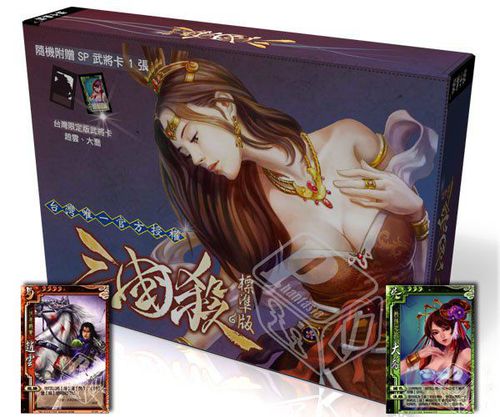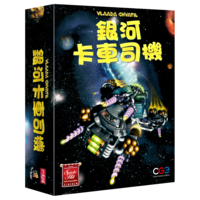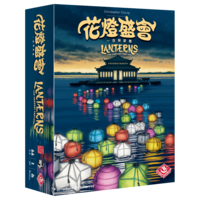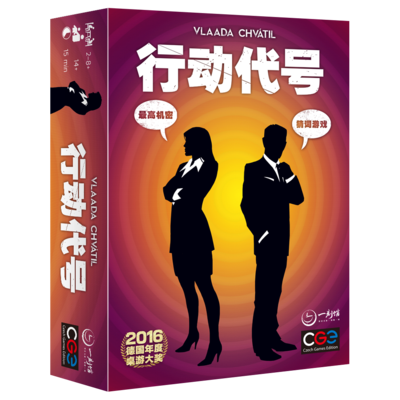In this post, I will discuss how game localisation in Asia has helped fuel the global board game Renaissance.
Localisation of board games has taken place for decades dating back as early as 1936 with the localisation of Monopoly by Waddington Games in Europe and the British Commonwealth. This served as a win-win situation for both publishers and localisation partners. Localisation provides a wonderful opportunity for publishers to extend a game’s outreach to a market that is primarily non-English speaking. More importantly, it also provides the localisation partners with lucrative financial rewards from a product that is already proven to be successful in the English speaking markets.
Essentially, the benefits reaped from every successful localisation of a game is:
- Reduction of the learning curve with accurate translation in the native languages.
- Adaptations to suit the local taste with the realignment of the art direction.
- Re-themeing in the most extreme cases to reap maximum rewards from the local markets.
This brings about my point of re-themeing and enhancing an existing game to better suit the local markets. A game instantly popped up in my mind, Legends of the three kingdom (LTK), aka San Guo Sha or 三国杀. This is a re-theme of the game Bang! with elements of the Three Kingdom infused into the game. Let’s put aside all issues with legality and analyse this purely from the perspective of localisations and re-themes.

From sheriffs in the wild west to generals of the three kingdom, this re-theme was a remarkable success in China and has sold millions of copies. What makes this so successful as compared to Bang! in China? The answer is simple.
The chosen theme struck a familiarity with the local gamers with Three Kingdom characters in play as compared to Paul Regret, Lucky Duke and Jesse Jones of Bang!. Its introduction in 2008 was also extremely well-timed as it coincided with the launch of the Chinese blockbuster Three Kingdom based movies named Red Cliff in 2008 and its sequel Red Cliff 2 in 2009.

As a result, this has generated sufficient Three-Kingdom craze for early adopters in the infant Chinese board game scene to pick up the game.
Apart from the familiar theme and Three Kingdom fandom, the deduction aspects in its game play contributed to its eventual mass adoption. Having a board game scene at its infancy with the majority being new gamers, deduction game play is something that is easy to grasp and intriguing to the Chinese gaming population in general at that point of time.
The localisation of Bang! in the China in the form of LTK effectively planted a seed that will eventually mature and flourish with time. The success of LTK will provide optimism and encouragement for future localisation projects to grow to a similar scale. One such Chinese publisher which focuses on Chinese localisations of English title is One Moment Games. They localised games such as Codenames, Galaxy Trucker, Lanterns to name a few.



From this example, we can see the importance of localisation projects in growing and nurturing non-English speaking markets. We can only hope that the localisation of English games can take place at a faster rate to grow the non-English speaking Asian communities to a level that is mature enough to develop games that is worthy of being translated into English. Nevertheless, localisation is budding the seeds for the non-English markets to flourish and I am optimistic that the Chinese community will, one day, grow to match the Germans.
P.S: Randomskill Games is looking for localisation partners around the world. Interested parties please contact Ethan@randomskill.games





